Exercise 13
Invention, Intellectual Property, and Income 30/4/2020 to 6/5/2020
There are 3 individual tasks for this week:
- Develop a plan for dissemination of the final project
- Prepare a draft Slide/Poster to summarise the final project - Updated with Final Version
- Prepare a draft 1-minute video clip - Updated with Final Version
✨Dissemination Plan✨
As a chemical engineer in academia, developing a plan to disseminate the final project (which is a biosensor for wastewater) is just as alien to me as electronics design, thankfully there are numerous resources on the internet that I can referred to. One website I referred to extensively for this assignment is the webpage "THE 20 MINUTE BUSINESS PLAN: BUSINESS MODEL CANVAS MADE EASY" on COWAN+ website
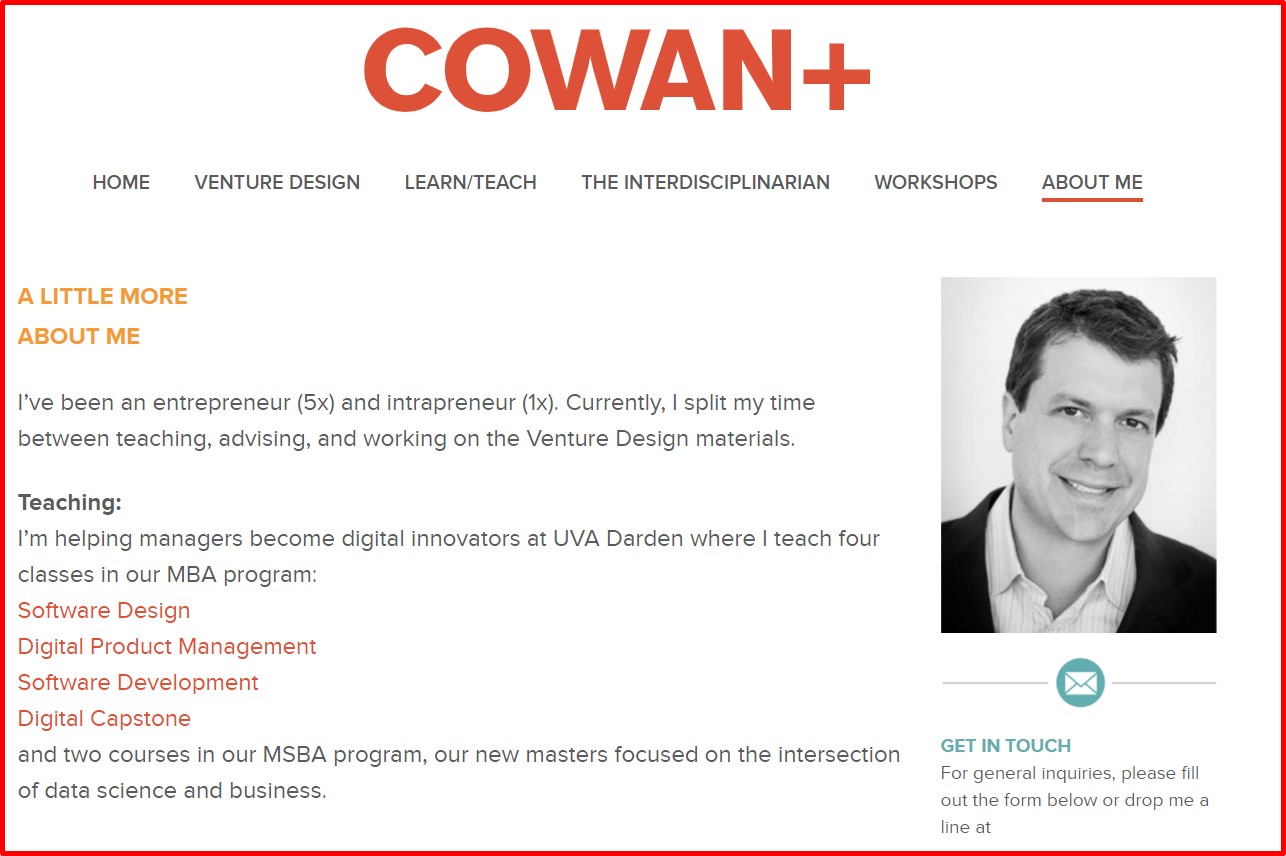
The most important takeaway from reading Cowan's webpage is the Business Model Canvas (BMC) which I used as a guide in preparing the dissemination plan. There are numerous versions on the internet but they differ mostly only on formats relating to aesethet or choice of words. Cowan's version is shown below:
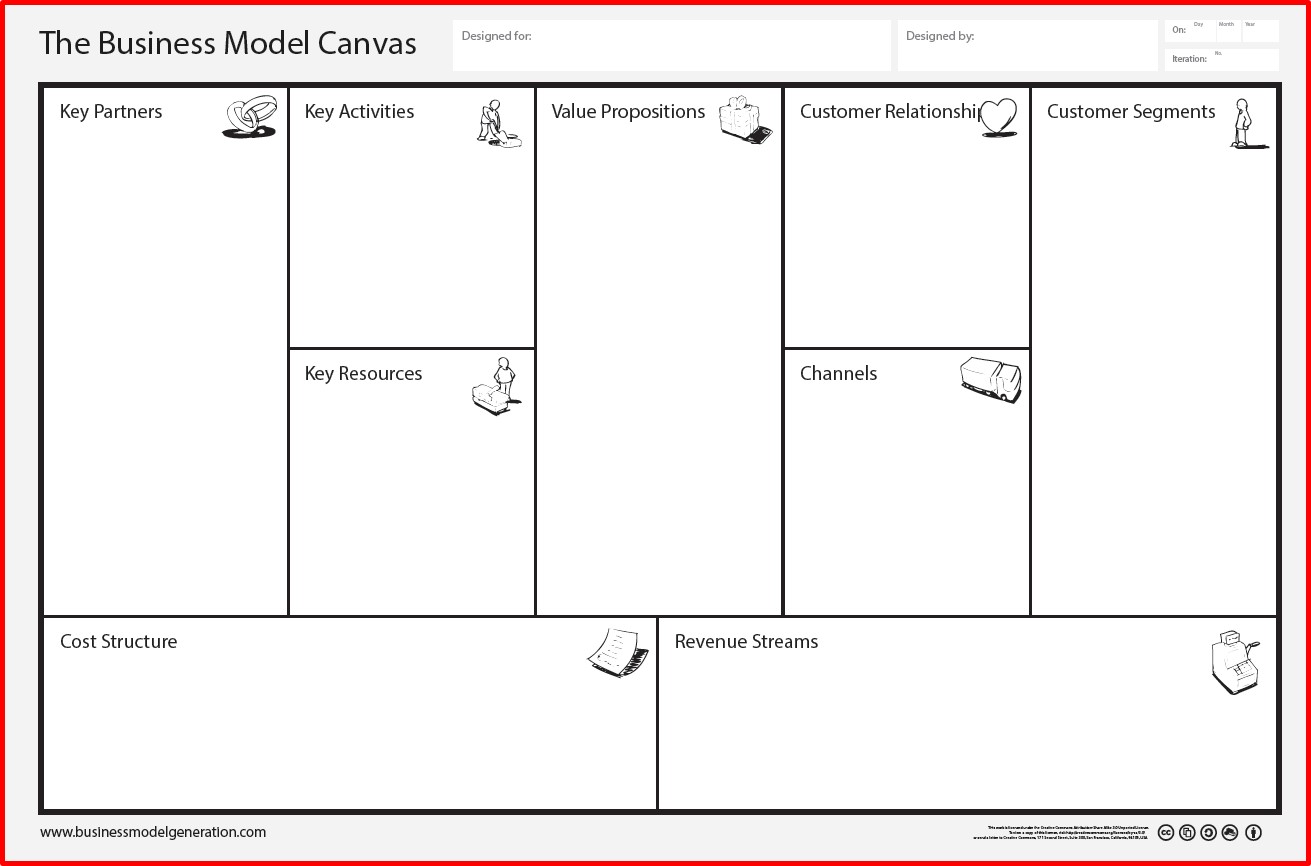
While I do not have any concrete plan to actually productise my creation, using this canvas, I have better clarity and focus on what is core and what’s not. The Cowan's BMC has 9 elements and as Conwan explained in his webpage, these elements provide a coherent view of a business’ key drivers.
- Customer Segments: Who are the customers? What do they think? See? Feel? Do?
- Value Propositions: What’s compelling about the proposition? Why do customers buy, use?
- Channels: How are these propositions promoted, sold and delivered? Why? Is it working?
- Customer Relationships: How do you interact with the customer through their ‘journey’?
- Revenue Streams: How does the business earn revenue from the value propositions?
- Key Activities: What uniquely strategic things does the business do to deliver its proposition?
- Key Resources: What unique strategic assets must the business have to compete?
- Key Partnerships: What can the company not do so it can focus on its Key Activities?
- Cost Structure: What are the business’ major cost drivers? How are they linked to revenue?
As the product is still in the design stage and the first working prototype is yet to be produced and tested, only the applicable five elements of the BMC are used. who is your project for, how is it funded, is there a license you chose or something else to protect intellectual properties of your project, is there a business plan, how would you fund scaling up, etc.
(1) Customer Segments
The primary users of my product ,Nymphaea-M, are wastewater treatment companies or manufacturing companies with wastewater treatment facilities. These companies would most likely already have comprehensive water treatment facilities with advanced control system. The biosensor would hence play a complimentary role and empower the user with IOT capabilities. For these companies, robustness would be the most important criteria compared to price, appearance and size.
The secondary users are educational institutes. Educators will purchase this easy-to-use, minimal-maintenance and low-cost device for their students to bring along for field trips.
(2) Value Propositions
Value propositions can be innovation, service, or feature that make a product attractive to the customers. The greatest value proposition for the product are its robustness and ease of use. The electronics are completed sealed from the elements and there are no moving parts. To use, the user simply has to turn on the power, connect it to a mobile device via bluetooth. Thereafter the user can literatlly throw the device into the water body like a frisbee. Connected by a fishing line, the device can be easily recovered.
(3) Channels
Channels refer to the means by which the product is promoted to create awareness, sold and delivered. As Nymphaea-M is a highly technical device, traditional means of promotion such as TV and newspaper advertisments would not be effective. For the primary users, the most effective channel would be through technical sales representatives. Instead of having a dedicated sales team, 1 or 2 sole agent/s will be appointed. These sole agents typically carry several brand of products supporting all major fields of scientific. One such company in Singapore is ITS SCIENCE & MEDICAL PTE LTD. The company carries numerous products ranging from analytical and material sciences to oil and gas to life sciences.
Companies like ITS Science & Medical Pte Ltd print their own catalogue books that displayed all the product brands that they are sole agents for. Such companies also have a large team of technical sales repesentatives that will periodically visit potential customers to promote their range of products. Hence, appointing such a company as sole agent for my product would be most cost effective and effective.
Another channel targetting specifically the secondary users would be taking up advertisnment in scientific magazines. One such magazine is the Young Scientists magazines that are popular among students in junior schools.
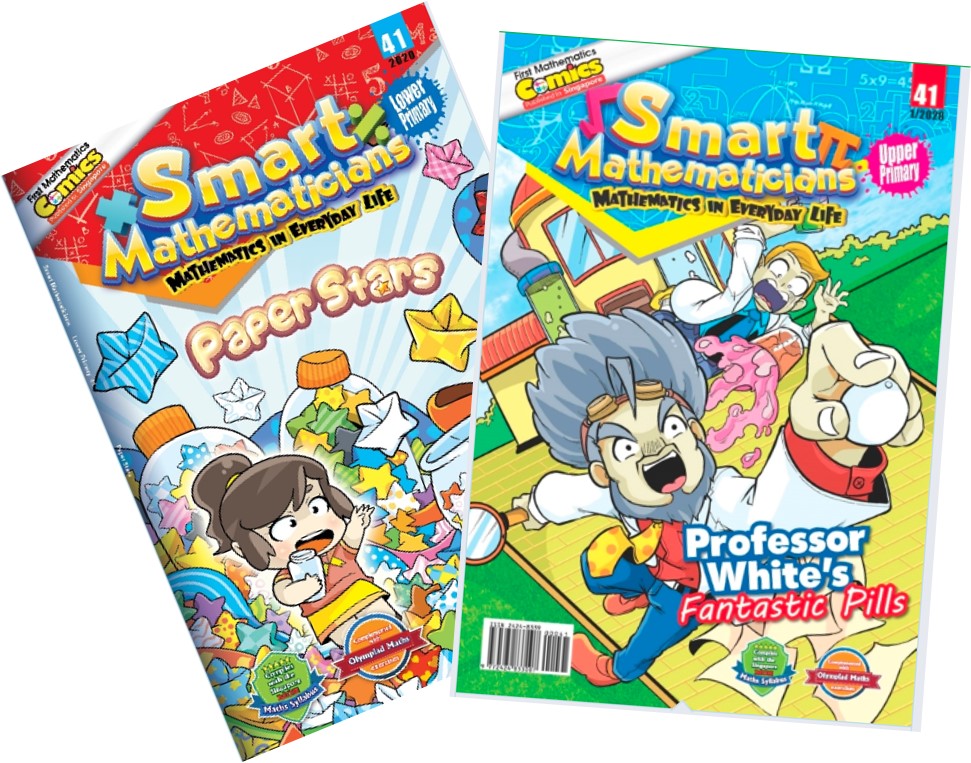
Parents and teachers usually read these publications together with the children, hence awareness of such a product that is low-cost, easy to operate and maintain will be created.
(4) Customer Relationships
As there is no plan to market this product directly to end-users but instead appoint a sole agent, there is no need to have any customer relationship plan at this moment. Customer service would be provided by the sole agents. Technical support and training for the sole agents are however still necessary as we are afterall the creator of Nymphaea-M and know it best.
(5) Revenue Streams
Initial Capital. Although popular, Crowd-funding platforms such as kickstarter and Indiegogo are unsuitable as a mean to raise funds for Nymphaea-M. Nymphaea-M is designed specifically for a very small community of people that are not only environment enthusiast in water related topics but are also involved or interested in the day-to-day condition of a particular water body. As I am in the academia, the easiest way to raise sufficient funding to make a working prototype is to carve this idea into a student capstone project. A group of final year engineering students can be assigned to work on the prototype.
Funding for Mass Production. Once the working prototype is made, collaborators can be sought to productise the idea. In Singapore, there are several waste disposal and management companies, to stay ahead of competition, these companies are constantly looking for technologies or products to enhace their services. One example is Eco Special Waste Management Pte Ltd" that signed a MOU with Singapore Polytechnic to become a licensee of a patent for the design of a water treatment device based on advanced oxidation process.With regardless with the appointment of sole agent to market Nymphaea-M, there is no conflict of interest as company like ECO will also agree to the appointmnet of a sole agent to market the product so as not to drift away from their core business
RevenueThe most direct revenue stream would be from the sales of the product. With every piece of equipment sold, a portion of the earnings will go to the sole agent and the manufacturer. A possible indirect stream would be to provide data acquistion and analysis service using the product. In this case, the customer will pay monthly or yearly subscription for the use of the product and the software. The product's maintenance and ownership would remains with the sole agent. This would generate a more stable stream of revenue but would also means higher operation costs in maintaining a technical team to periodically carry out preventive maintenance and checks on the products at the subscribers' premises.
Partially Filled BMC
The above discussed elements are summarised using the BCM for easy referencing as below:
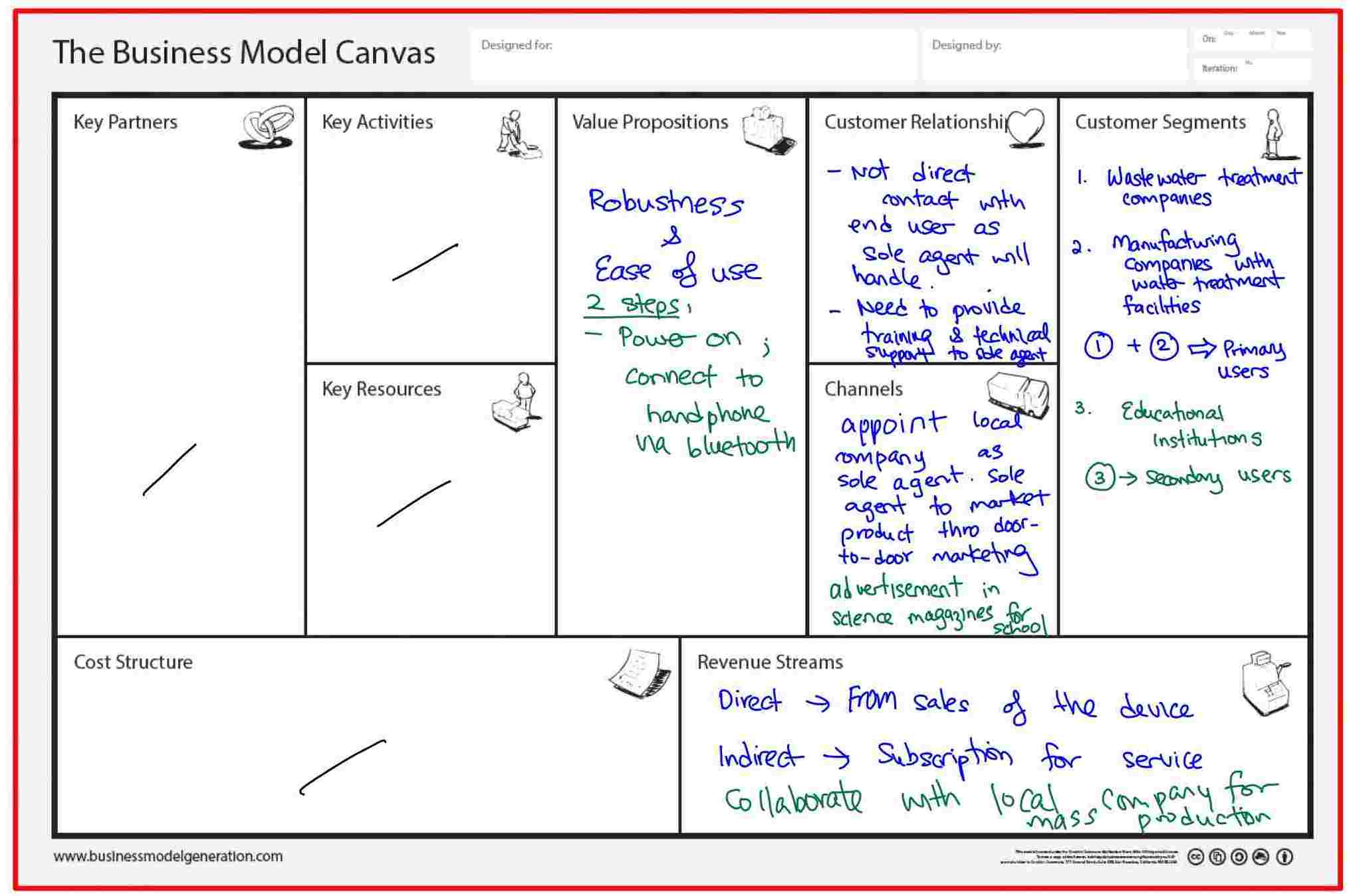
Licensing
This project is created for teaching and student learning and hence I have selected a Creative Commons (CC) 'Attribution 4.0 International' license.
According to the CreativeCommons website, Creative Commons (CC) license is a public copyright licenses that enable the free distribution of an otherwise copyrighted "work". A CC license is used when an author wants to give other people the right to share, use, and build upon a work that they (the author) have created. CC provides an author flexibility (for example, they might choose to allow only non-commercial uses of a given work) and protects the people who use or redistribute an author's work from concerns of copyright infringement as long as they abide by the conditions that are specified in the license by which the author distributes the work.

✨Poster to summarise the Project (Final version)✨
A poster (1920x1080 pixels) is prepared and upload onto the root directory in my Gitlab respository. Below is a low-res version for quick reference.
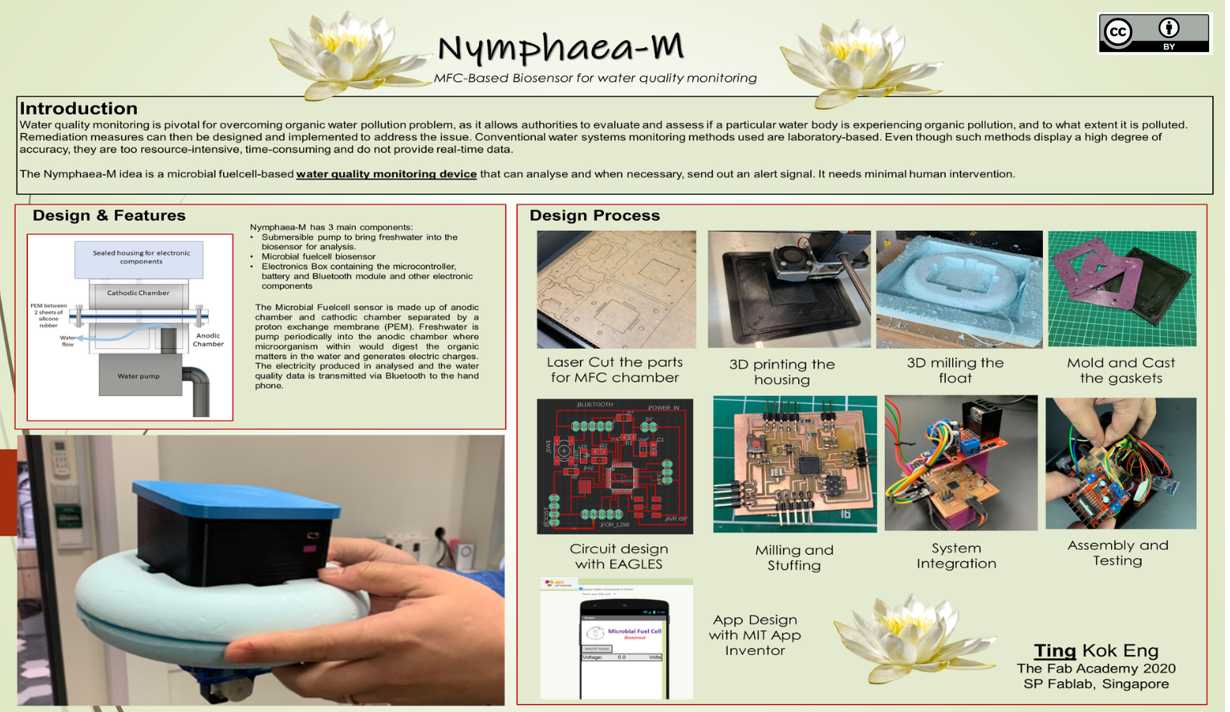 Click here to download high-res version
Click here to download high-res version
✨Video about the Project (Final version)✨
A HD video is produced to introduce the final project. This likewise is uploaded to root directory in my Gitlab respository. Below is a low-res version for quick reference.